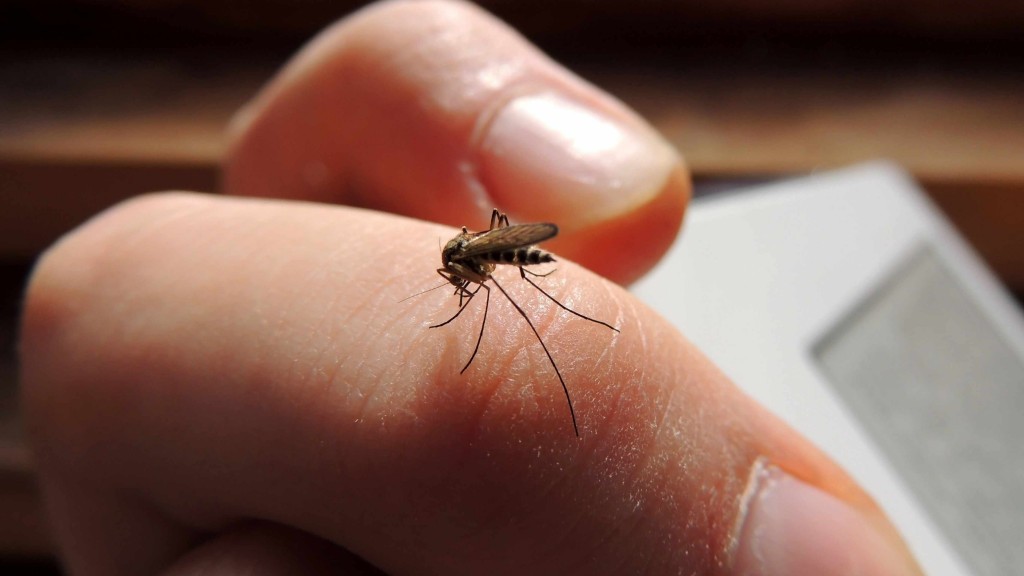-
Zika Virus: What You Need to Know
 Zika virus continues to be a concern, especially for pregnant women traveling to areas of the world where the virus is active. In response to outbreaks in parts of Latin and South America, the Centers for Disease Control and Prevention (CDC) has issued a level 2 travel alert, which states that people at high risk, such as pregnant women, may want to consider delaying travel. Some airlines are offering to reschedule, rebook or refund tickets for pregnant women planning to travel to certain areas.
Zika virus continues to be a concern, especially for pregnant women traveling to areas of the world where the virus is active. In response to outbreaks in parts of Latin and South America, the Centers for Disease Control and Prevention (CDC) has issued a level 2 travel alert, which states that people at high risk, such as pregnant women, may want to consider delaying travel. Some airlines are offering to reschedule, rebook or refund tickets for pregnant women planning to travel to certain areas.
The danger is that the virus can cause a birth defect called microcephaly in unborn babies which results in long-term disabilities.
Dr. Pritish Tosh discusses Zika virus
Español for Spanish viewers
Mayo Clinic infectious diseases specialist Dr. Pritish Tosh says, "Most people who get infected with the virus have no symptoms and those who do often have mild symptoms that go away within a week. The reason we are concerned about Zika virus is that there is a risk to pregnant women, specifically to their unborn child developing birth defects if the woman is infected, especially later on in pregnancy."
Dr. Tosh says it's important to know that in order to become infected, you must be bitten by a mosquito carrying Zika virus. It cannot be transmitted person to person.
There is no treatment or cure for Zika virus, so the best way to prevent it is to avoid mosquito bites by using some of these tips.
- Use insect repellent with DEET
- Wear protective clothing
- Avoid areas where there are many mosquitos
- If you are in an endemic area, use a mosquito net at night
See an earlier version of a Mayo Clinic Minute







